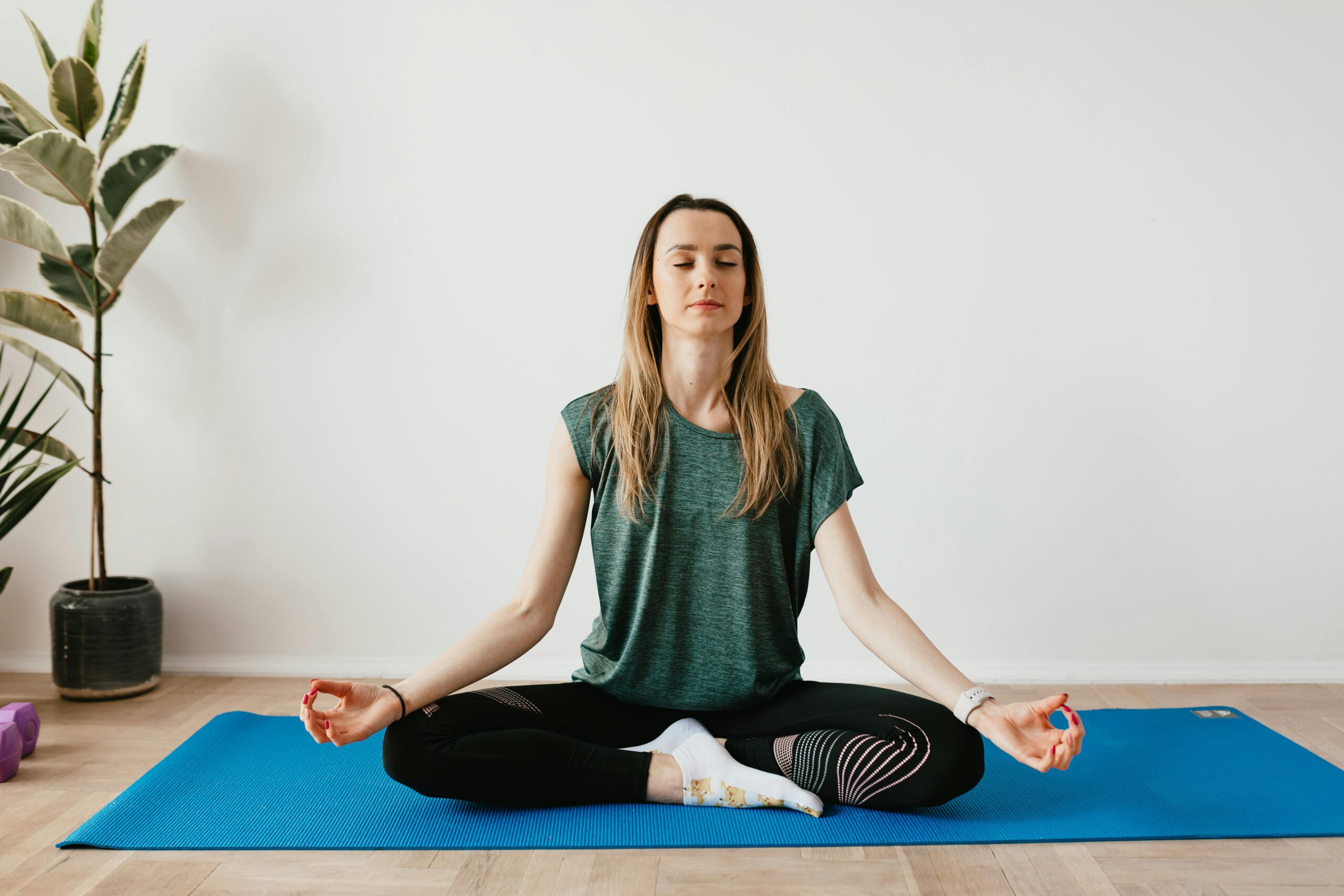Introduction to Mindfulness and Meditation
In recent years, athletes have increasingly turned to mindfulness and meditation as essential tools for enhancing their sports performance. These practices emphasize being present and fostering a sense of calm, which can significantly benefit athletes in high-pressure environments. By engaging in mindfulness, athletes can achieve greater mental clarity and focus, essential for excelling in their respective sports. Meditation practices, such as focused breathing and visualization, can also help athletes manage their thoughts and emotions more effectively. Adopting these techniques can lead to more consistent and peak performance levels, offering athletes a holistic approach to their training regimens.
Mental Health Benefits
Mindfulness offers various mental health advantages for athletes, including stress and anxiety reduction. These practices equip athletes with tools to handle pressure and keep a clear mind during intense situations. Famous athletes have highlighted the profound effects of mindfulness on their mental game. For example, Kobe Bryant, who initially resisted meditation, became a dedicated practitioner, engaging in daily sessions for ten to fifteen minutes each morning. Likewise, Michael Jordan attributed his ability to maintain focus during crucial moments, like his legendary game-winning shot against Utah Jazz, to the practice of mindfulness.
Physical Performance Enhancement
The connection between mental state and physical performance is undeniable. When athletes harness mindfulness, they often find improvements in their physical abilities. Consider Kobe Bryant, who was known for his relentless work ethic, practicing an impressive 1,300 three-pointers daily during summer sessions to enhance his skills, exemplifying his dedication to excellence. Both Bryant and Michael Jordan were recognized for their will to win, energy, and perseverance—qualities that were key to their success and were cultivated, in part, through mindfulness practices. George Mumford highlighted that their mental fortitude was crucial for their accomplishments.
Recovery and Injury Prevention
Mindfulness and meditation play a significant role in recovery and injury prevention for athletes. Meditation aids muscle recovery by promoting relaxation and reducing tension in the body. When athletes incorporate these practices, they may experience quicker recovery times and a reduction in the risk of injury. Mindfulness helps athletes become more aware of their body’s signals, allowing them to respond promptly to prevent strain or overexertion. These practices enable athletes to monitor their physical state closely, making informed decisions about rest and activity levels. Regular meditation can improve sleep quality, further aiding the body’s natural healing processes. The increased mental awareness from mindfulness also helps in recognizing early signs of fatigue, which is crucial in avoiding injuries that result from overtraining. Integrating these techniques into daily routines can lead to more sustainable and injury-free athletic careers.
Building Resilience and Coping Skills
Athletes frequently encounter intense competitive pressure, and mindfulness offers a practical way to manage it. By focusing on the present moment, athletes can learn to stay calm and composed during high-stakes events. Regular meditation practice fosters mental toughness, enabling athletes to handle stress more effectively. These techniques help athletes develop a more balanced perspective, making it easier to recover from setbacks and maintain motivation. The ability to concentrate fully on the task at hand reduces the likelihood of mental errors and enhances overall performance. Mindfulness training can be particularly valuable in helping athletes navigate challenges and remain focused under pressure.
Incorporating Practices into Training
Integrating mindfulness into an athlete’s routine doesn’t have to be overwhelming. Simple exercises, such as focused breathing or brief meditation sessions, can be smoothly added to daily training. Athletes can begin by dedicating a few minutes each day to mindfulness practice, gradually increasing the duration and complexity as they become more comfortable. This approach helps in building a robust foundation for mindfulness.
One effective method is to start with short, focused breathing exercises. Athletes can set aside 5 to 10 minutes either before or after their regular workouts to practice deep breathing, paying attention to each inhale and exhale. This not only calms the mind but also improves concentration and mental clarity.
Visualization is another powerful technique. Athletes can visualize successful performance scenarios, enhancing their mental preparedness for actual competitions. This practice helps in reducing pre-competition anxiety and boosts confidence.
Incorporating mindfulness into existing training routines can be as simple as mindful stretching. During warm-up or cool-down periods, athletes can focus on the sensations in their muscles and joints, fostering a greater connection between their mind and body.
George Mumford’s approach to mindfulness involved challenging athletes like Michael Jordan and Kobe Bryant to step out of their comfort zones to achieve higher performance levels. George Mumford’s approach involved pushing athletes like Michael Jordan and Kobe Bryant out of their comfort zones to achieve higher performance levels. By incorporating these practices gradually, athletes can enhance their mental resilience and physical performance, preparing them better for the demands of their sport.
Incorporating mindfulness does not require significant changes to an athlete’s routine. With consistent practice, these techniques can become an integral part of training, offering profound benefits in both performance and overall well-being.
Conclusion: Long-Term Benefits
Mindfulness and meditation provide athletes with sustained mental and physical enhancements. Over time, athletes can experience increased focus, better emotional regulation, and a reduction in stress. These techniques help maintain consistent performance levels and facilitate faster recovery. Regular practice contributes to better sleep quality, reduced injury risk, and improved mental toughness, all of which are critical for long-term athletic success. Incorporating these practices into daily routines supports overall well-being and longevity in sports. For athletes looking to gain a competitive edge and ensure a balanced approach to their training, mindfulness and meditation offer invaluable tools.

